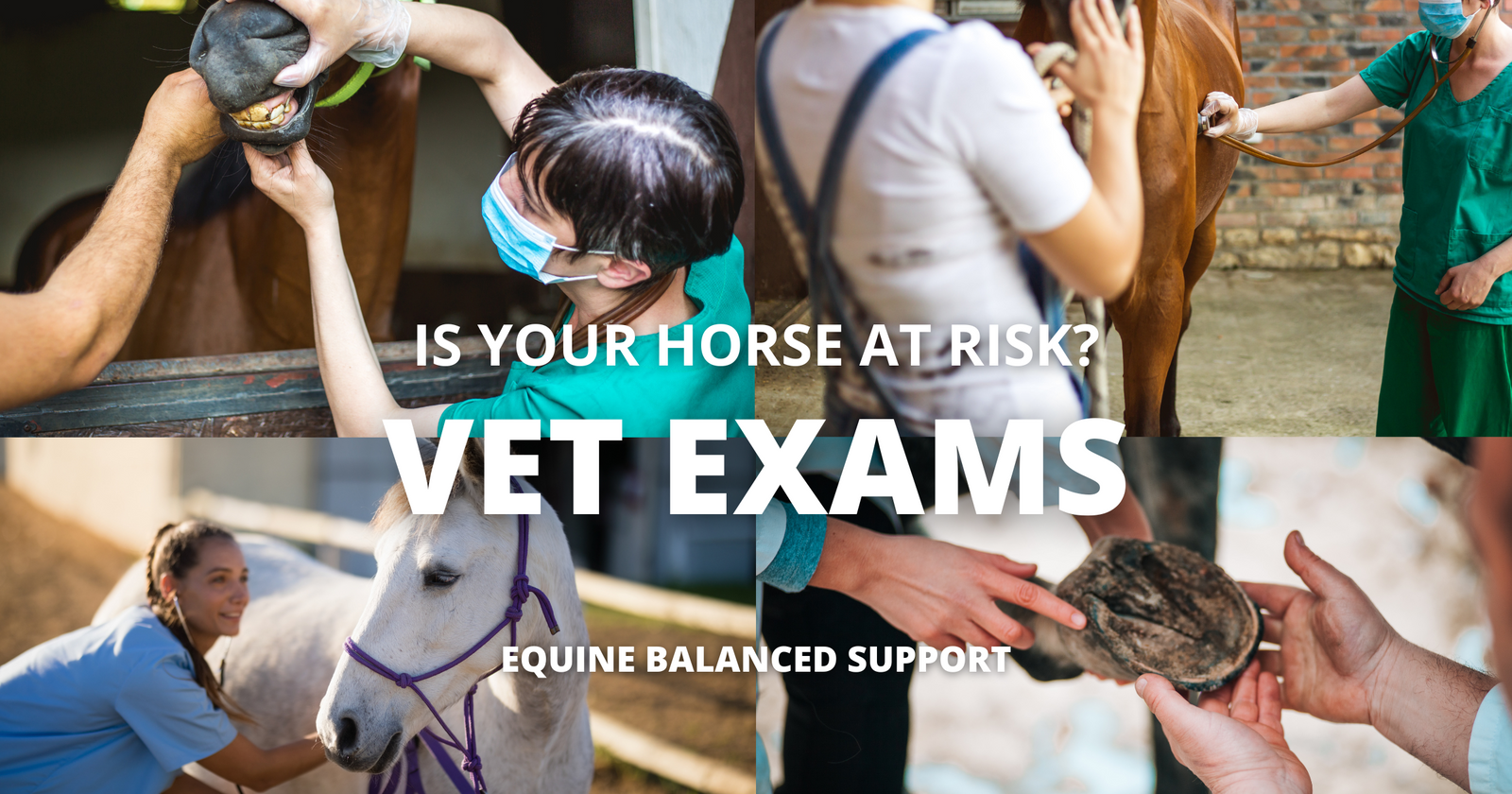The Crucial Role of Yearly Veterinary Exams for Horses: Ensuring Optimal Health and Performance

Ensuring Your Horse's Optimal Health and Performance
Regular veterinary exams are crucial in maintaining the well-being of horses, especially those engaged in regular work. This blog post highlights the importance of both general wellness exams and performance exams, emphasizing how early detection of potential health issues can lead to better health outcomes.
Why are General Wellness Exams The Foundation of Equine Health?
A general wellness exam is an all-encompassing health check-up that a veterinarian should perform on horses at least once a year. These exams are fundamental in assessing a horse's overall health status and preventing future health problems. During a wellness exam, a veterinarian will typically:
- Assess the horse's body condition and nutritional status, ensuring the diet meets its health and performance needs.
- Conduct a thorough physical examination to identify signs of illness or discomfort, including assessing the heart, lungs, eyes, teeth, and hooves.
- Review and update vaccinations based on the horse's age, lifestyle, and risk factors to protect against common equine diseases.
- Discuss parasite control strategies, tailoring deworming programs to the individual horse's exposure risk, and current parasite control practices.
- Recommend dental care to prevent eating difficulties and ensure the horse can effectively process its food. Dentals also ensure the horse has free movement of the jaw and that there are no sharp edges causing sores on the cheeks or tongue.
These elements of the general wellness exam are critical for catching any early signs of health issues, enabling the owner to address them promptly to prevent more severe problems.
What is a Performance Exam for a Working Horse?
For horses in regular work, whether in competitive sports, recreational riding, or work-related activities, performance exams are indispensable for maintaining their health and ensuring peak performance. These specialized exams focus on identifying any conditions that could impair the horse's ability to perform. They typically include:
- Lameness evaluations identify any signs of discomfort or abnormalities in gait that could indicate issues with the horse's musculoskeletal system.
- Cardiorespiratory assessments to ensure the horse's heart and lungs are functioning optimally under the stresses of work.
- Flexibility and mobility checks can help pinpoint areas of tightness or restricted movement that could affect performance.
- Nutritional assessments are tailored to the demands of the horse's specific activities, ensuring it receives the necessary nutrients to support its work level.
Performance exams can help prevent injuries by explicitly addressing the needs of working horses. They can also identify and manage issues before they lead to significant downtime or impact the horse's career.
How can Early Detection Lead to Positive Outcomes?
One of the most compelling reasons for regular veterinary exams, both general wellness and performance-focused, is that early detection of health problems significantly increases the likelihood of positive outcomes. Catching issues early often means treatments can be less invasive, less costly, and more likely to result in full recovery. It enables proactive management of health issues rather than reactive responses to crises, which can be the difference between a minor setback and a career-ending injury for a working horse.
In conclusion, yearly veterinary exams for horses are a routine practice and a critical component of responsible horse ownership and management. These exams provide a foundation for preventive care, enable early detection of health issues, and support the specific needs of working horses. By prioritizing these annual check-ups, horse owners can contribute significantly to their equine companions' longevity, health, and happiness, ensuring they remain active and perform at their best for years.
Schedule Your Horse's Veterinary Exam Today!
Don’t wait for an emergency. Regular check-ups are key to your horse’s long-term health and performance. Contact your vet to book an exam today!







Leave a comment